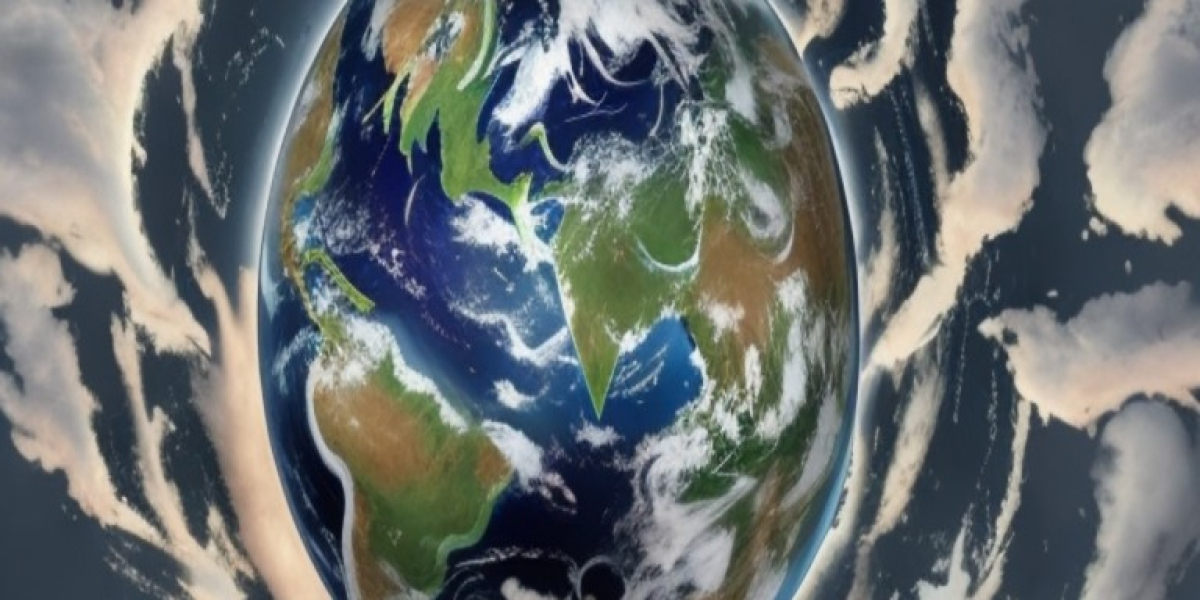The World Economic Forum (WEF) has released its latest Global Risks Report, sounding a stark warning about the impending threats the world faces. The report, based on a survey of nearly 1,500 experts, industry leaders, and policymakers, paints a grim picture of the near future, citing concerns about extreme weather events, artificial intelligence, and cybercrime. As the world prepares for the annual WEF meeting in Davos, Switzerland, the report highlights the need for immediate attention to address these impending global challenges.
Growing concerns of global catastrophes
According to the survey, more than half of the respondents foresee a moderate risk of “global catastrophes” in the short term, while three in 10 experts predict an “elevated risk of global catastrophes” in the next two years. Looking ahead to the next decade, the outlook becomes even bleaker, with 46 percent anticipating “upheavals and elevated risk of global catastrophe,” and 17 percent expressing concern over “global catastrophic risks” looming in the long term.
Key risks identified
The Global Risks Report highlights several key risks that have the potential to trigger global catastrophes:
Misinformation and disinformation: The report identifies misinformation and disinformation as the most severe risk over the next two years. Rapid advancements in technology, including generative AI chatbots like ChatGPT, have exacerbated the problem, enabling the creation of sophisticated synthetic content that can manipulate and deceive groups of people. The authors of the report express concerns that the widespread use of such tactics may undermine the legitimacy of newly elected governments, emphasizing the urgency of addressing this challenge.
Extreme weather events: Extreme weather events are identified as the second most significant threat over the next two years and the most severe risk in the next decade. A recent report by the European climate agency Copernicus confirmed that 2023 was the hottest year on record, raising concerns that such conditions could become the “new normal.” As the frequency and intensity of extreme weather events continue to rise, their impact on communities and economies worldwide cannot be underestimated.
Environmental risks: Over a 10-year horizon, environmental risks take center stage. These risks include biodiversity loss, natural resource shortages, and critical changes to Earth’s systems. The WEF survey underscores the urgency of addressing these issues to ensure the sustainability of our planet and mitigate potential global catastrophes.
Continued concerns over cost of living and inflation
While the report primarily focuses on global risks, it also addresses concerns closer to home. The cost of living and inflation remain major concerns in the coming year, with fears of a global recession that was narrowly avoided in the previous year. Although the report suggests a “softer landing” for now, it emphasizes the highly uncertain near-term outlook, urging vigilance and careful economic management.
As the world prepares for the annual WEF meeting in Davos, the Global Risks Report serves as a stark reminder of the challenges that lie ahead. Misinformation, extreme weather events, and environmental risks pose significant threats to global stability and prosperity. Urgent action and international cooperation are essential to address these challenges and prevent the onset of global catastrophes.
The report’s findings underscore the need for governments, businesses, and civil society to prioritize issues such as tackling misinformation, mitigating the effects of climate change, and ensuring the sustainability of our planet. Failure to address these pressing concerns could have far-reaching and devastating consequences for the world.
In the face of these risks, the WEF meeting in Davos becomes an important platform for world leaders and corporate executives to come together, discuss solutions, and chart a course toward a more secure and sustainable future. The stakes are high, and the time for action is now.







